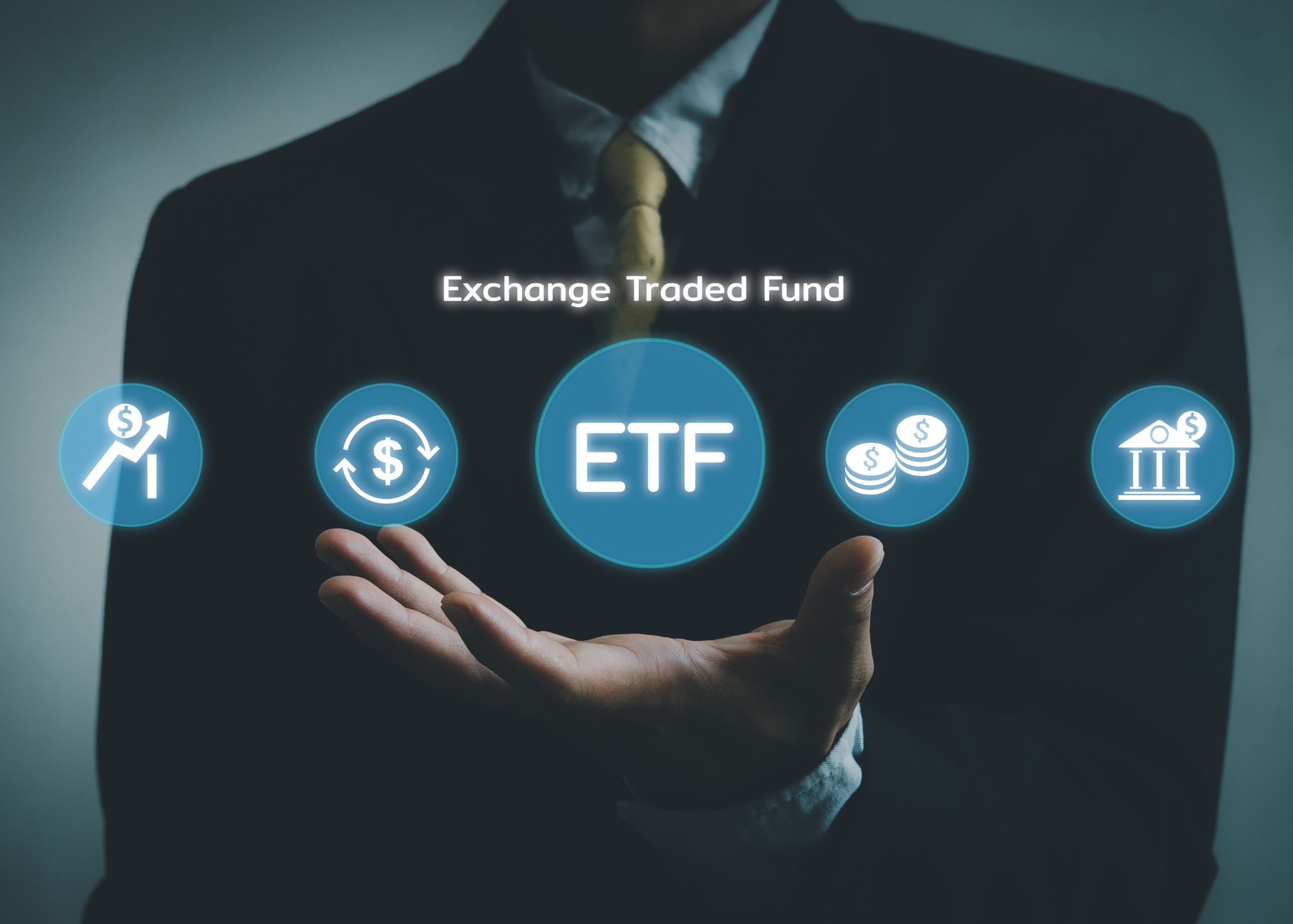Market Commentary: What Buffett Told His Heirs To Buy Will SHOCK You
When Warren Buffett dies, you would imagine he would recommend his own firm, Berkshire Hathaway, to his heirs. Having dedicated his whole life building the firm, how could he possibly recommend anything else?
Indeed Buffett is such a fan of Berkshire that, in spite of spending around $30 billion buying shares of Apple, his largest holding, he shelled out about twice that repurchasing shares of his own firm in the recent past.
Clearly, his number one stock pick is Berkshire Hathaway, or is it? As it turns out, what Buffett recommends to his heirs is a position he doesn’t own in his own stock portfolio, so what gives?
Key Points
- Warren Buffett has publicly stated that his beneficiaries should buy the S&P 500 index when he passes away.
- Unlike Berkshire, the S&P 500 has built-in risk mitigation and a survivorship bias that make it a safer investment.
- The Vanguard S&P 500 ETF (VOO) is a good pick among S&P 500 exchange-traded funds, as it has a significantly lower expense ratio than the SPDR S&P 500 ETF Trust (SPY).
Buffett’s Top Recommendation
When Buffett passes on, he has publicly stated that his beneficiaries should buy the S&P 500 index. It’s an astonishing recommendation from a man who dedicated his entire professional life to “painting his own mosaic,” Berkshire. Yet a little digging uncovers why he likely favors an ETF over his own firm.
In the past, the Oracle of Omaha has famously advocated the importance of buying companies with robust business models because inevitably “a fool” will run it one day, and it must be able to withstand poor leadership. After his passing, Buffett may fear that, in the long-term, a professional manager will ascend to his throne and hurt Berkshire.
It’s not inconceivable that such destruction could happen quickly. After all, Buffett has famously said that “the fastest way for a rich man to go broke is to take on too much debt.” So too could a poor leader, unconstrained, take on the burden of too much debt for Berkshire. In a poor economic environment, that could torpedo the titanic that is currently Berkshire.
By contrast, the S&P 500 has risk-mitigation inherently built into its structure. The odds of a poor leader taking over at Berkshire is one thing. The probability of 500 poor leaders taking over all S&P 500 companies simultaneously is infinitesimally low.
The other thing the S&P 500 has built into it is a survivorship bias. The poor companies get tossed out over time while the strong companies go from strength to strength and maintain their index inclusion. Remarkably, the majority of S&P 500 companies 50 years ago no longer feature in the index, yet the index continues to thrive.
What Is Buffett’s Pick?
Among S&P 500 exchange-traded funds is the best-known, SPDR S&P 500 ETF Trust (SPY), which has an expense ratio of 0.0945%. But perhaps an even better pick is Vanguard’s S&P 500 ETF (VOO), which has a significantly lower expense ratio of 0.03%. Indeed Buffett has historically lauded Jack Bogle of Vanguard fame for pioneering the invention of low-cost exchange-traded funds.
Is it worth following Buffett’s advice and buying the S&P 500? We can turn to the Sage of Omaha for his advice on the matter. He has stated that paradoxically “when dumb money recognizes it is dumb, it becomes smart” – meaning that most ordinary investors do not beat the market.
Whether they lack the skills to identify undervalued opportunities or the temperament to hold them, they usually underperform the average. Once they recognize they lack the abilities to beat the market, they outperform by sticking with the S&P 500 average.
The bottom line is if you lack the time or ability to pick great stocks, the S&P 500 is a great bet and among S&P 500 ETFs, the Vanguard offering ranks perhaps as the best.



